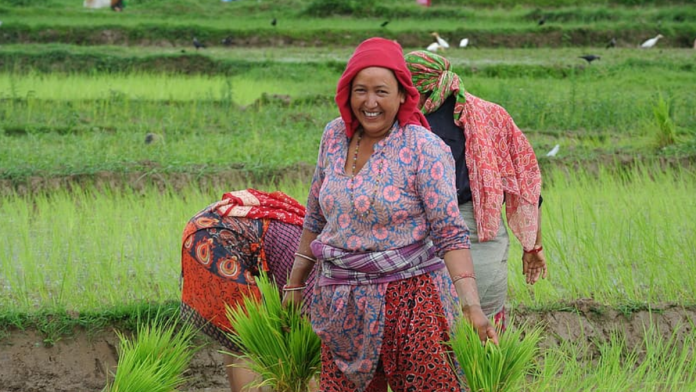News in Brief:
– A new program in Kyrgyzstan aims to empower farmers by making remittances digital and easier to access, especially in rural areas.
– This initiative could lead to increased investment in agriculture and support returning migrant workers looking to reintegrate into their communities.
For many Kyrgyz families, especially those in rural areas, financial security often hinges on money sent home by migrant workers. Now, a new initiative is aiming to leverage these remittances and the power of technology to revitalise the country’s agricultural sector.
The Financing Facility for Remittances (FFR), launched by the International Fund for Agricultural Development (IFAD), is seeking proposals for its “Migrant Contributions for Development Call for Proposals” in the Kyrgyz Republic.
This program goes beyond simply making it easier to send money home. It’s about unlocking the potential of digital remittances to empower Kyrgyz farmers.
Here’s how; by encouraging families to receive remittances electronically, it aims to make these funds more accessible and secure, especially in remote areas with limited banking options. This could translate into increased investment in agricultural inputs like seeds and fertilisers, or even starting small, farm-related businesses.
The program also recognises the importance of financial literacy. Imagine rural communities equipped with the knowledge and confidence to manage digital savings accounts or access microloans tailored to their needs. This financial inclusion could be a game-changer for Kyrgyz agriculture.
But the program doesn’t stop at remittances. It also seeks solutions that support migrant returnees who wish to reintegrate into their communities. By providing them with the tools and resources to establish income-generating activities, particularly in rural areas, it can help create a more sustainable future for both returning workers and Kyrgyz agriculture.
This initiative presents a unique opportunity to address two critical issues at once: supporting migrant workers and their families, while also injecting much-needed resources into the backbone of the Kyrgyz economy and its agricultural sector. With a successful program, Kyrgyz farmers could be looking forward to a future that’s not only greener, but also more technologically connected.



